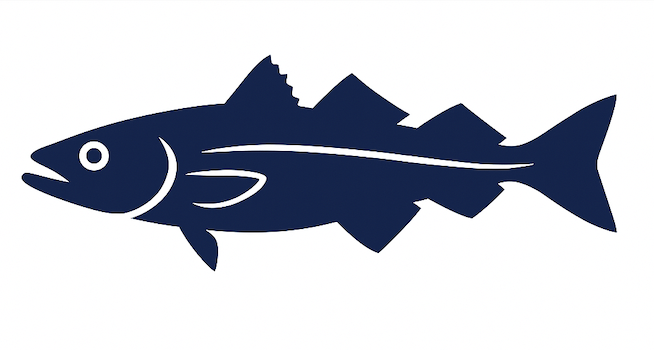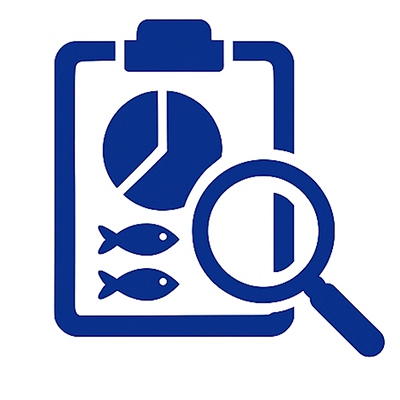
Pollack: Relevant legislation

Pollack currently face no formal UK bag limits, but conservation concerns have led to voluntary catch limits and handling advice, especially in the South West.
Pollack Regulations (UK Recreational Angling)
Legal Status and Regulation
-
National minimum conservation reference size (MCRS) for pollack in recreational angling is 30cm as of 2025, though a 50cm voluntary size is encouraged.
-
No formal bag limit for recreational anglers in most UK waters, see notes on the ‘Pollack Pact’ for voluntary measures.
-
Pollack retention is currently legal, but under increasing scrutiny given the significant cuts in commercial opportunities.
South West Focus:
-
The Celtic Sea and Western Approaches are areas of concern.
-
The EU and UK Scientific Advice (ICES) has shown serious stock declines in this region.
-
Some charter skippers and angling clubs have introduced voluntary measures as part of the Angling Trust’s ‘Pollack Pact’, including:
-
Bag limit of 5 fish per angler per day.
-
Voluntary minimum landing size of 50cm.
-
Key Areas of Concern and Best Practice
Pollack are highly targeted by both recreational and commercial sectors, especially in:
-
Reef systems off Cornwall, Devon, and Wales
-
Wreck fishing grounds across the English Channel and Celtic Sea
-
Offshore structures and headlands throughout the UK
Due to their slow growth and site fidelity, local pollack populations are vulnerable to intense fishing pressure.
Best Practices for Pollack Conservation
Even in areas without legal restrictions, anglers are strongly encouraged to follow the ‘Pollack Pact’, the 6 guidelines of which are:
-
Voluntary Bag Limit: Five Pollack Per Angler Per Day
-
Voluntary Minimum Conservation Reference Size: 50cm
-
Avoid targeting pollack during their spawning season from December to March, especially larger, mature fish.
-
Use descending devices to release undersized or unneeded pollack, enhancing their survival rates.
-
Vary your fishing locations to prevent overfishing in specific areas, as pollack tend to stay near their home wrecks.
- Minimise tackle loss in rocky areas and participate in initiatives like Anglers Against Litter and the Anglers National Line Recycling Scheme.
You can find out more about the Pollack Pact at https://www.pollackpact.co.uk/
Background and Conservation Context
Pollack’s recent scientific assessments have flagged significant declines in spawning stock biomass in the South and West of the UK.
Angling communities have responded with grassroots conservation efforts, particularly among charter skippers, to protect the species before formal restrictions are introduced.
Pollack may be added to future lists of species under formal bag limits, or closed seasons, if stocks continue to decline.
Our Services

Marine Planning - Angler Engagement and Consultancy:
Helping marine licence applicants secure stakeholder support by meaningfully engaging the UK’s recreational sea angling community.

Dedicated Consultation Representation & Advocacy:
Professional consultation responses that give coastal communities and interest groups a stronger voice in marine decision-making.

Angling Market Integration & Product Development:
Helping marine brands and events successfully connect with the UK’s thriving recreational sea angling sector.


YourAnglingVoice is a trading name of National Fishing Voucher, company number: 15931819.Registered address: 27 Jasmine Way, Weston-super-mare, BS24 7JW